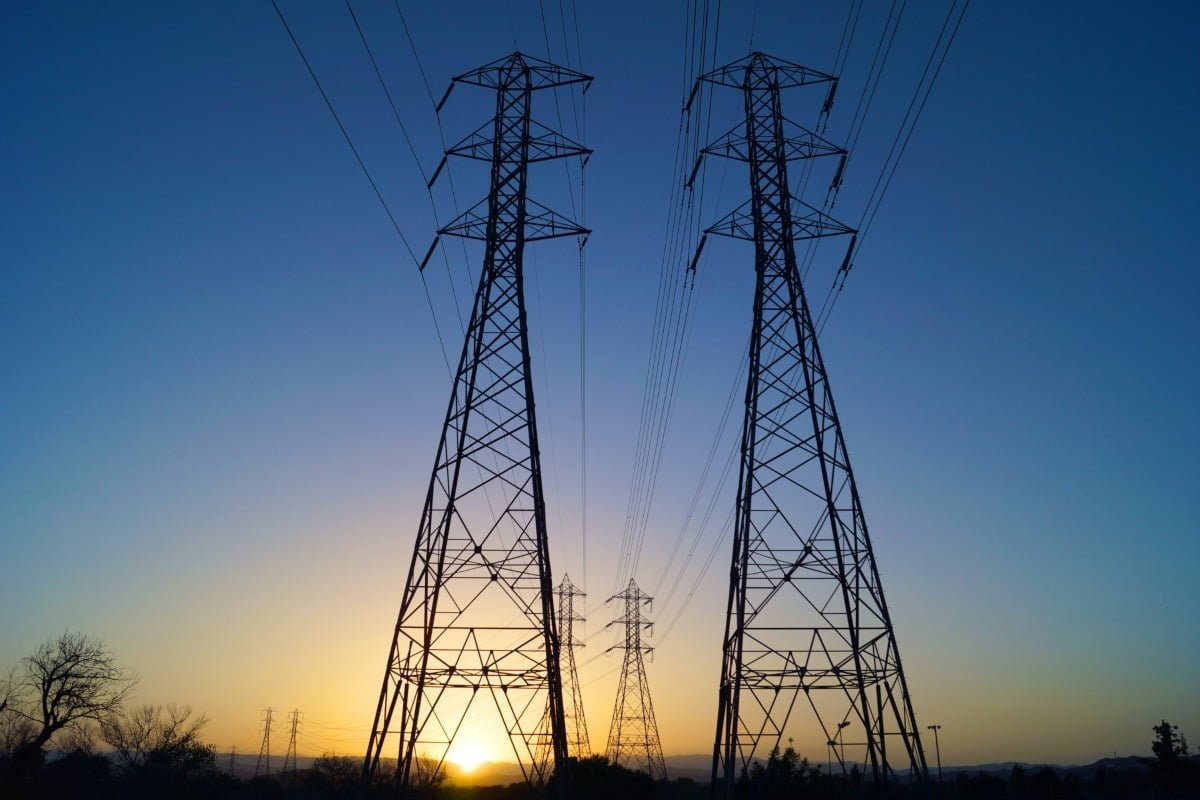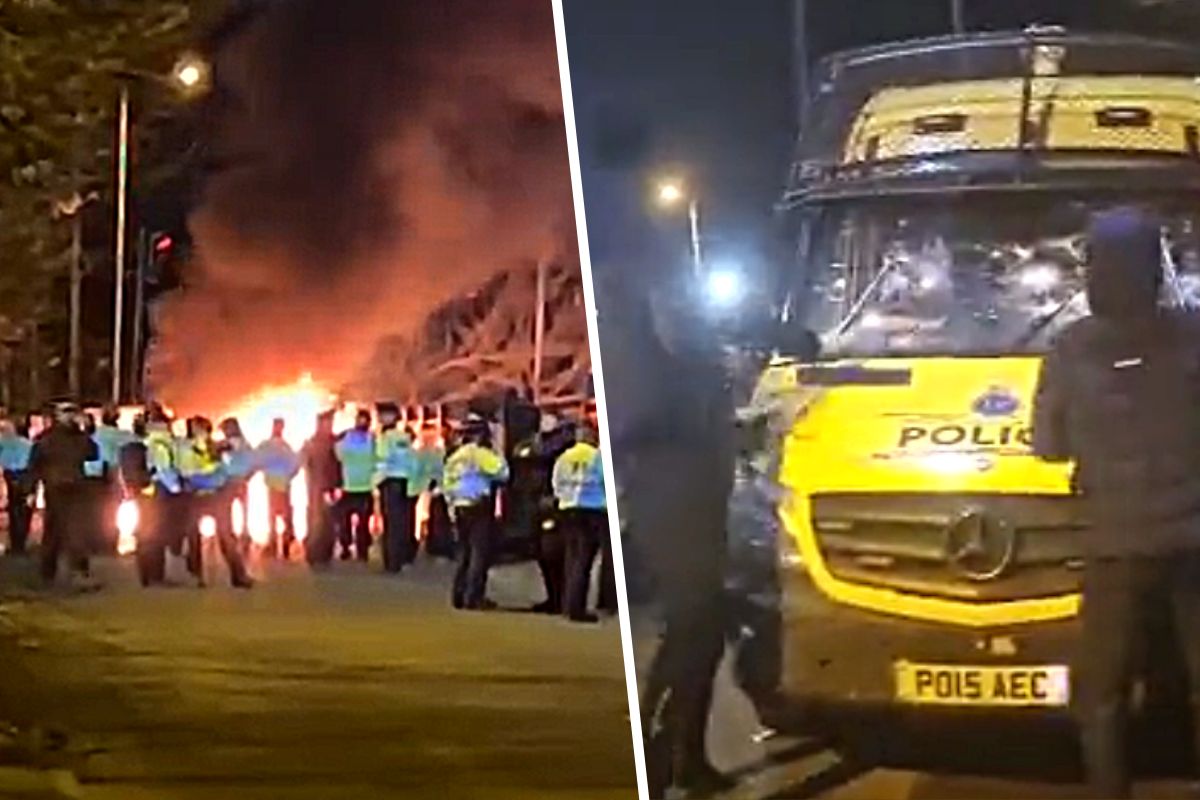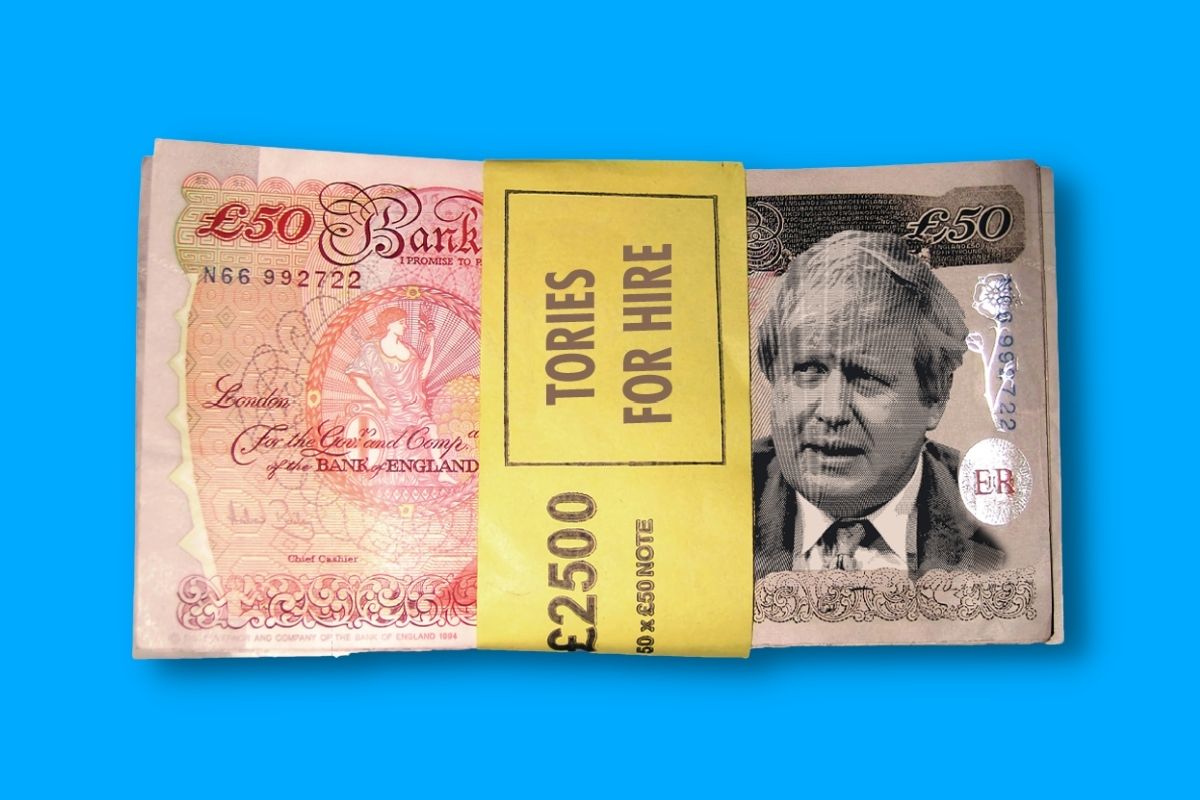Britain’s energy crisis is deepening by the day, with prices rising and suppliers dropping like flies. Under capitalism, millions face a desperate choice between heating and eating. Only public ownership can keep the lights on this winter.
Sky-high wholesale gas and electricity prices have caused 12 energy suppliers to go bust already this year. This has led to 1.7m ‘orphaned’ customers being re-allocated to surviving suppliers.
Coupled with predictions of a long, cold winter, millions of workers could face up to 30% higher energy bills by next year. And compounded by the end of furlough and cuts to Universal Credit, this means millions being pushed even further into poverty.
Citizens Advice have warned that many “could end up turning off their fridges and freezers, relying on hot-water bottles for warmth and requesting support to buy extra duvets and blankets.”
The ‘free market’ has failed spectacularly, leaving millions in the cold. Only socialism can solve the energy crisis.
Running on empty
 This fuel crisis has been years in the making. For example, in 2017 Ofgem allowed Centrica, British Gas’ owner, to close down the UK’s largest gas storage facility off the Yorkshire coast. This resulted in the loss of 70% of the country’s gas storage capacity.
This fuel crisis has been years in the making. For example, in 2017 Ofgem allowed Centrica, British Gas’ owner, to close down the UK’s largest gas storage facility off the Yorkshire coast. This resulted in the loss of 70% of the country’s gas storage capacity.
This was despite warnings that it would make Britain more reliant on imports and lead to ‘volatile prices’.
The current global gas shortage has triggered soaring wholesale prices, causing smaller retail energy suppliers to go bust. The growing number of customers that surviving suppliers will be required to absorb means they will also have to absorb a greater financial loss in the short term.
This is resulting in a domino effect, with some experts predicting that only 10 energy companies – or fewer – could survive the winter. Furthermore, if the number of orphaned customers reaches a critical level, concerns are growing that none of these remaining companies will be strong enough to absorb them.
Industry bosses are therefore worried that, with the collapse of the market, the state will be required to step in as a ‘provider of last resort’. So much for the wonders of the ‘free market’!
Shutdown
A knock-on effect of rising gas prices is that electricity costs are also increasing. The National Grid says this has increased the likelihood of power cuts and factory shutdowns this winter.
Bosses in the steel, chemicals, and ceramics industries are warning of imminent bankruptcies, if nothing is done by the government. Of course it will be the workers of these companies that will be made to suffer, as they are forced to join the dole queue.
There are tensions within the Tories over whether the state should intervene to save businesses and avoid the crisis escalating further.
Kwasi Kwarteng, the secretary for business, energy, and industry, asserted that he had discussed ‘practical solutions’ to protect businesses with chancellor Rishi Sunak. But the Treasury claimed that they had not been involved in these talks – distancing themselves from a possible bailout of energy companies.
This ultimately means that the £1bn-plus cost of rescuing customers from failed suppliers will eventually be passed onto consumers through higher bills, leaving many households with a desperate choice between heating and eating this winter.
Starmer’s ‘pragmatism’
 With bills rapidly rising, and high public support for nationalisation of utilities, one would have thought this would be an ideal time for the Labour Party to campaign for public ownership of these rip-off companies.
With bills rapidly rising, and high public support for nationalisation of utilities, one would have thought this would be an ideal time for the Labour Party to campaign for public ownership of these rip-off companies.
But ‘Sir’ Keir Starmer’s response to the energy crisis has been to ditch his leadership campaign pledge to nationalise the ‘Big Six’ energy companies. In a recent interview with Andrew Marr, for example, Starmer stated point blank that he would refuse to support nationalisation, all in the name of ‘pragmatism’.
Starmer is of course attempting to appease the interests of big business – to reassure the capitalists that Labour won’t impede on their profits.
But British capitalism is experiencing its deepest crisis for over 300 years. The system is on its knees. The only real ‘pragmatic’ solution is to put the system out of its misery.
For public ownership
The ‘free market’ has clearly failed. But the cost of the crisis must not be placed on the shoulders of the working class. The only way forward is on the basis of clear socialist policies.
This means nationalising the giant energy monopolies and failed suppliers, and the whole energy network, without compensation to the former fat-cat owners.
Under capitalism, we face a bleak future of blackouts and bailouts. Placed under democratic workers’ control and management, however, as part of a rationally planned economy, the energy sector could provide a sustainable and secure supply for all.






